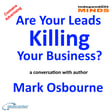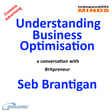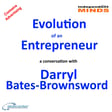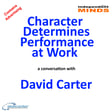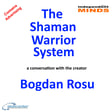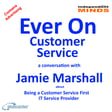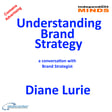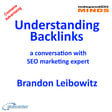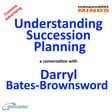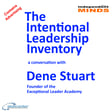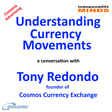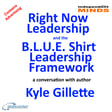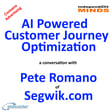
Slicing the Equity Pie – a conversation with author Mike Moyer
Mike Moyer is a serial entrepreneur and the fonder of Slicing Pie the world’s only fair start-up equity calculator.
Now Mike has written a book, the Slicing Pie Handbook.
In this episode of the Abeceder podcast The Independent Minds, mike shares with host Michael Millward how the SaaS behind Slicing Pie works and how the entrepreneurs can use both Slicing Pie and the Slicing Pie Handbook.
During their discussion, Mike and Michael discuss how setting up a business can be like playing a game of black jack or pontoon. Two entrepreneurs agree to split their winnings 50/50, but they total amount of money they bet is not equally split.
Mike explains how Slicing Pie helps entrepreneurs to achieve a more equal share of the equity in the business they have founded.
More information about Mike Moyer and Michael Millward is available at abeceder.
The Independent Minds is made on Zencastr, because as the all-in-one podcasting platform, Zencastr really does make creating content so easy.
If you would like to try podcasting using Zencastr visit zencastr.com/pricing and use our offer code ABECEDER.
Travel
Mike is based in Michigan USA. With discounted membership of the Ultimate Travel Club, you can travel to Michigan, or anywhere else at trade prices on flights, hotels, trains, and so many more travel related purchases.
Fit For Work Look after your health and you will be fit for work.
It is important for entrepreneurs maintain good mental and physical health. That is why we recommend The Annual Health Test from York Test; a 39-health marker Annual Health Test conducted by an experienced phlebotomist Hospital standard tests are carried out in a UKAS-accredited and CQC-compliant laboratory.
A secure Personal Wellness Hub provides easy-to-understand results and lifestyle guidance
Visit York Test and use this discount code MIND25.
Three the network Visit Three for information about business and personal telecom solutions from Three, and the special offers available when you quote my referral code WPFNUQHU.
Being a Guest
We recommend that potential guests take one of the podcasting guest training programmes available from Work Place Learning Centre.
We use Matchmaker.fm to connect with potential guests If you are a podcaster looking for interesting guests or if you have something interesting to say Matchmaker.fm is where great guests and great hosts are matched and great podcasts are hatched. Use our offer code MILW10 for a discount on membership.
We appreciate every like, download, and subscriber.
Thank you for listening.
